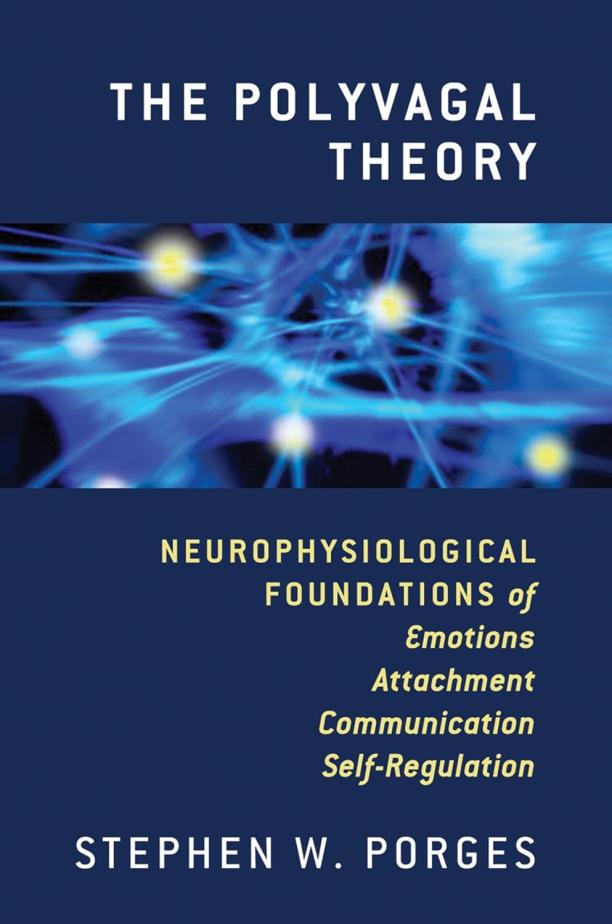The Polyvagal Theory
Neurophysiological Foundations of Emotions, Attachment, Communication, and Self-regulation
in:
Biology
Summary:
The book introduces the Polyvagal Theory, explaining how the vagus nerve influences social behavior, stress responses, and emotional regulation. It delves into the neurophysiological mechanisms that underpin human relationships, communication, and the ability to self-regulate emotions and psychological states.
Key points:
1. Polyvagal Theory: Suggests that our autonomic nervous system, especially the vagus nerve, shapes our emotions and social interactions.
Books similar to "The Polyvagal Theory":
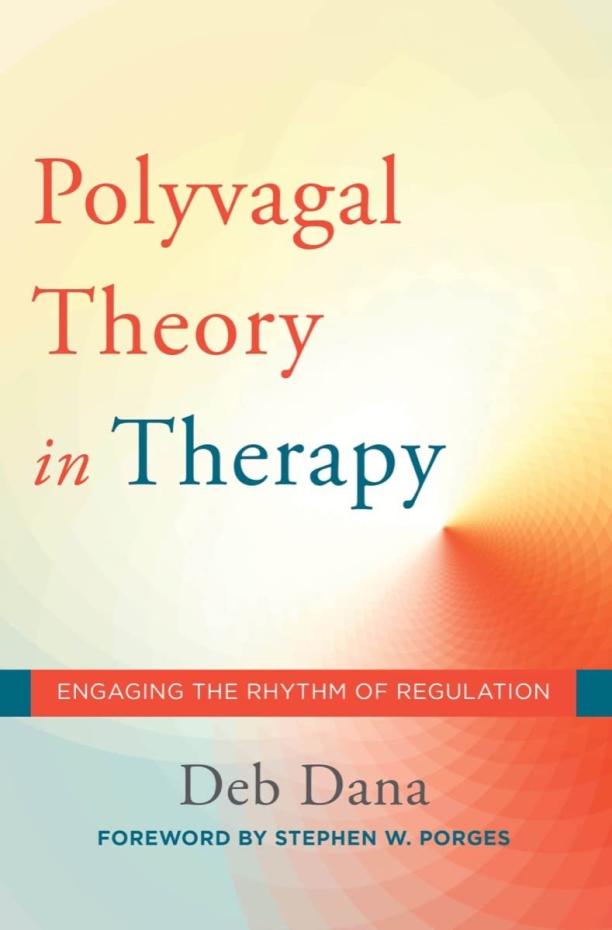
The Polyvagal Theory in Therapy
Deborah A. Dana

Polyvagal Exercises for Safety and Connection
Deb Dana
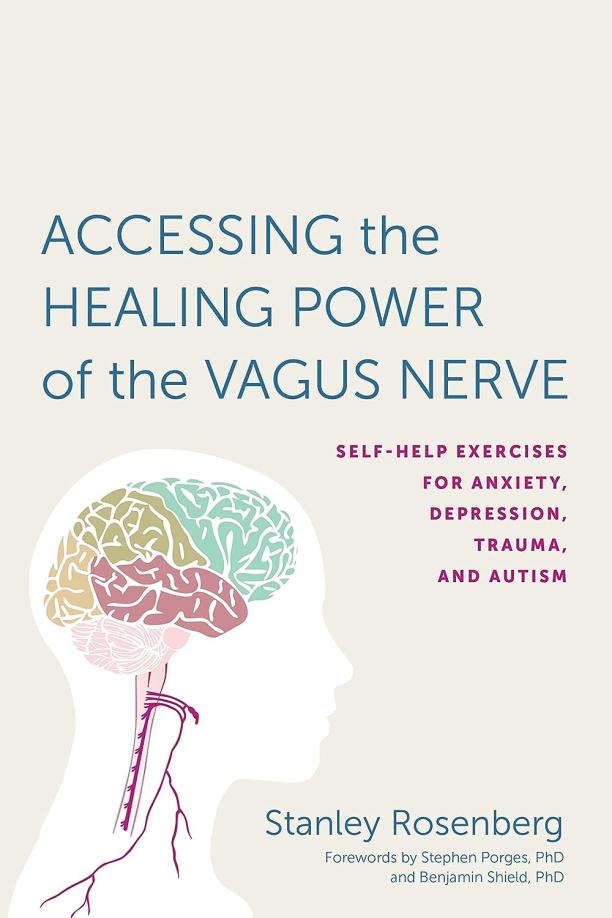
Accessing the Healing Power of the Vagus Nerve
Stanley Rosenberg
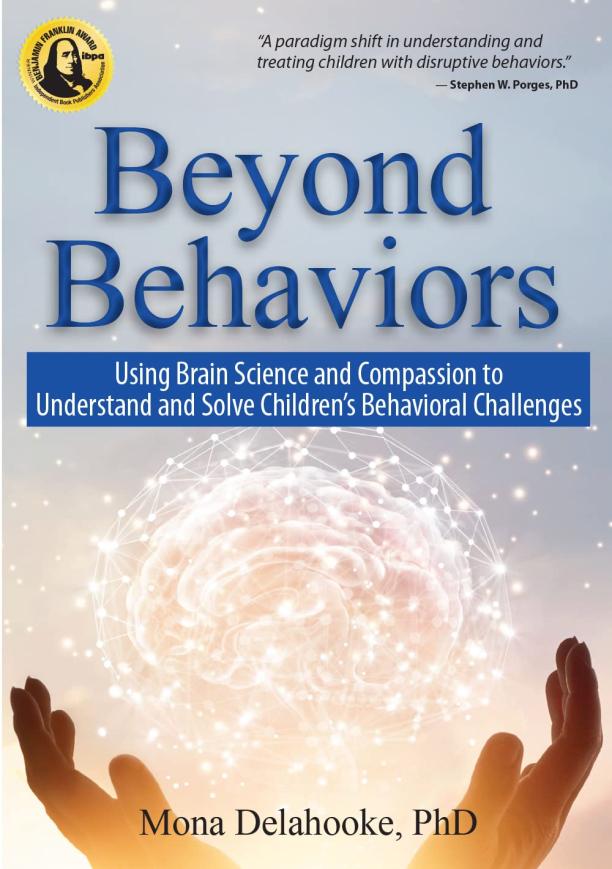
Beyond Behaviors
Mona Delahooke
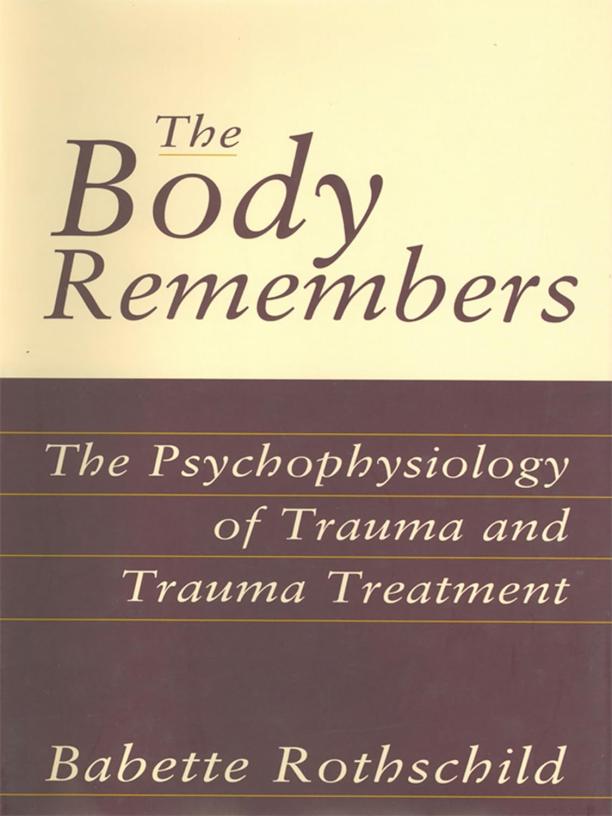
The Body Remembers
Babette Rothschild
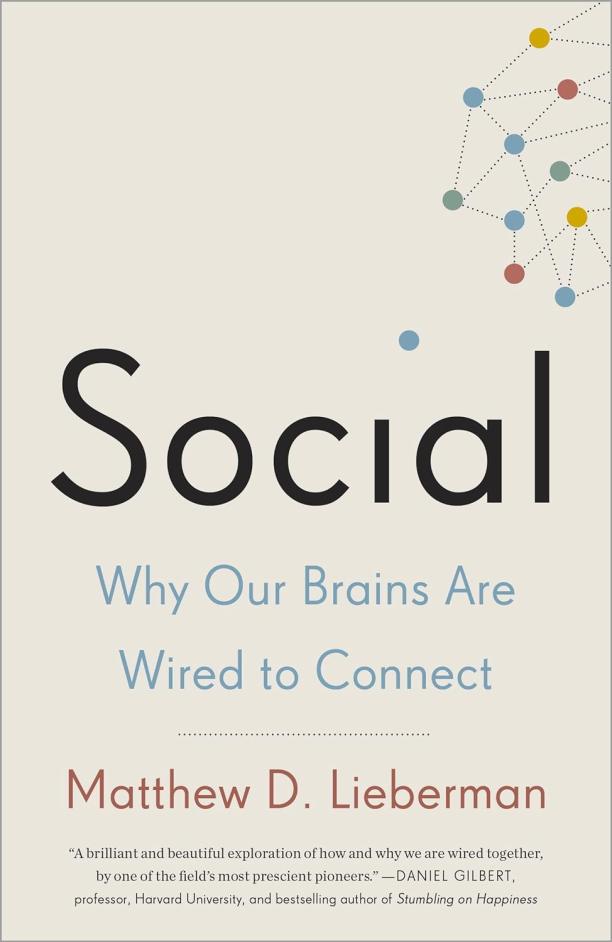
Social
Matthew D. Lieberman
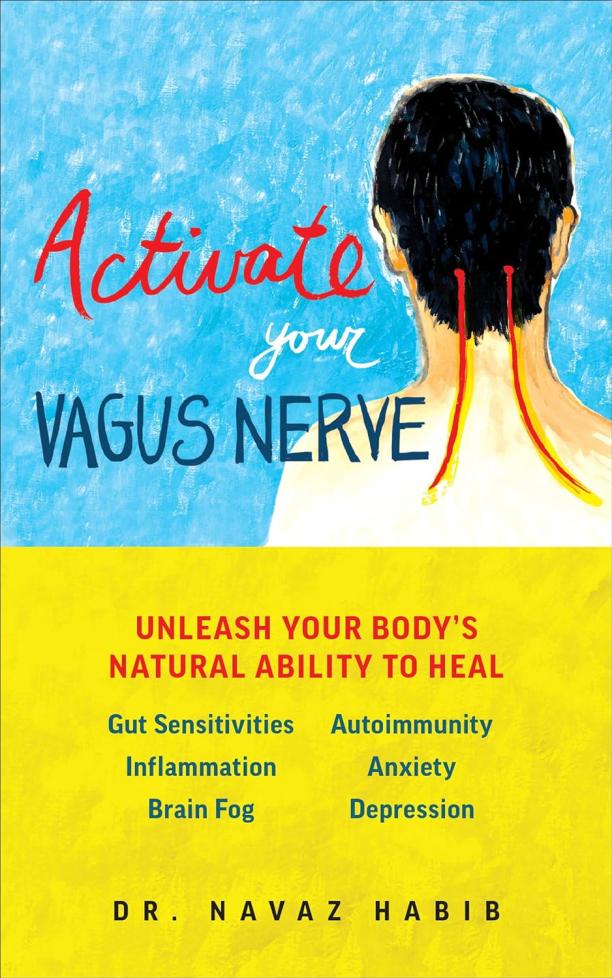
Activate Your Vagus Nerve
Dr. Navaz Habib

Biological Psychology
James W. Kalat

A General Theory of Love
Thomas Lewis|Fari Amini|Richard Lannon
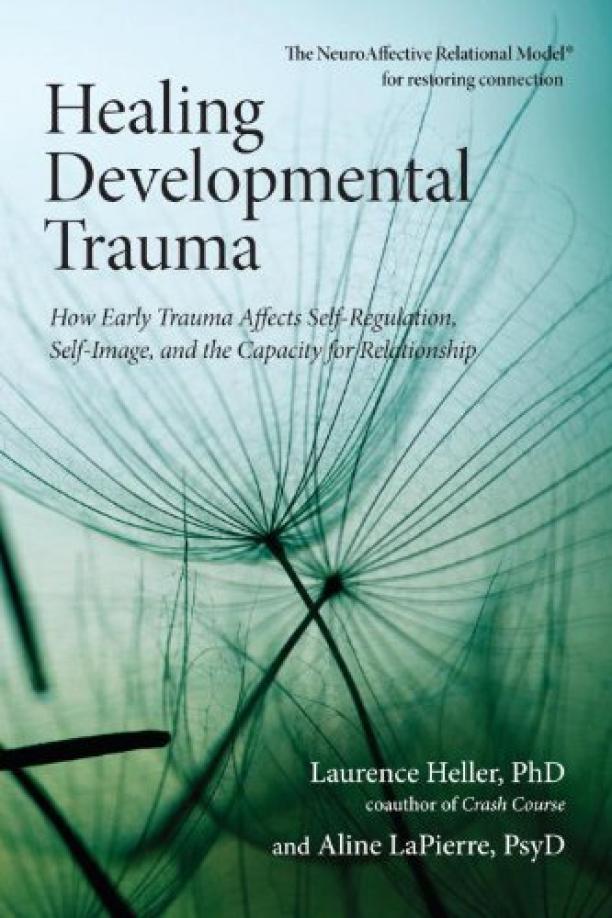
Healing Developmental Trauma
Laurence Heller Phd|Aline Psyd Lapierre
